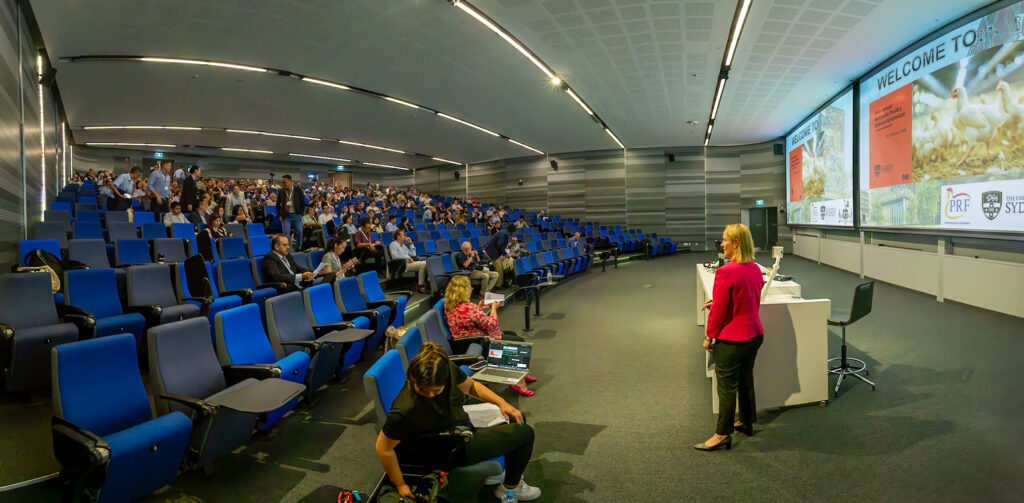The Poultry Research Unit at the Camden Campus of the University of Sydney includes fully equipped laboratories and state-of-the-art animal housing facilities to support nutritional, metabolic, endocrine and immunological studies.
The poultry staff are well trained in bird management, sampling of biological material and laboratory analysis. Our focus is on repeatability and accuracy results. A multidisciplinary approach is achieved by collaboration within the Sydney School of Veterinary Science and with other academic and industry labs.
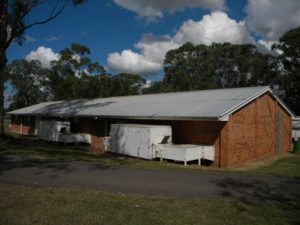
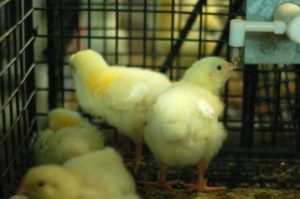
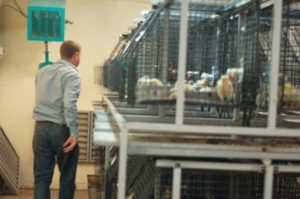
Metabolism Unit
This building comprises of 3 large climate controlled rooms, each housing 96 metabolism cages capable of holding up to 6 broiler chickens for performance and digestibility experiments. Also within the building is a sampling area, where staff can dissect birds and take necessary samples for their experiments.
Total capacity = 288 cages; 1728 broiler chickens
Services
- Nutritional evaluation of feed ingredients and feed additives
- Feed intake, weight gain and feed conversion ratio
- Immunological and physiological assessment of diet ingredients and additives
- Disease challenge and vaccination efficacy studies
- Evaluation of diet quality and feed processing effects
High-Rise Layer Shed
This large, high-rise, climate controlled house comprises of 6 banks of layer cages, each bank containing 2 rows of 80 single cages and 1 row of 40 group cages. Attached to the back of the building are 2 x 8 Tonne feed silos, and there is also a large cool room inside for storing the collected eggs.
Total capacity = 960 individual cages + 240 group (5 bird) cages; 2160 laying hens
Services
- Full cycle performance experiments (6-9 month or longer)
- Digestibility assessment (feed ingredients or additives)
- Egg production
- Egg quality (shell thickness, albumin height, yolk colour etc)
- Behaviour and welfare studies
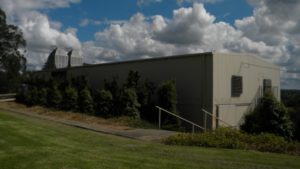
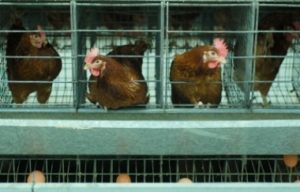
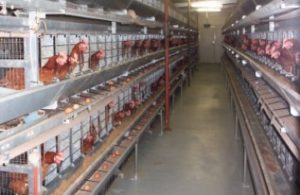
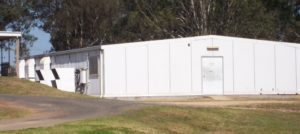
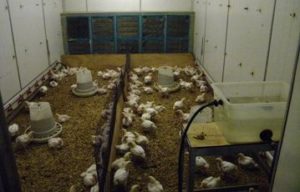
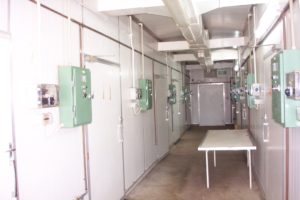
Controlled Environment Building
This housing facility comprises of 10 x (4×3 metre) rooms, each with independent control of temperature and lighting. The rooms can be set-up with cages or as floor pens for deep litter experiments. Presently 2 rooms house commercial incubators (1 x large 2000 egg and 1 x small 300 egg) for investigating the effects of incubation conditions on hatchability etc.
Total capacity = 24 cages per room (6 birds per cage) or a maximum of 120 birds in floor pens (configured as 1, 2 or 4 pens per room as required); 1440 birds
Services
- Nutritional evaluation of feed ingredients and feed additives
- Feed intake, weight gain and feed conversion ratio
- Immunological and physiological assessment of diet ingredients and additives
- Disease challenge and vaccination efficacy studies
- Evaluation of diet quality and feed processing effects
- Effect of heat and light on performance, digestibility etc.
Controlled Environment Deep Litter Shed
This building is a semi-commercial scale, climate-controlled, deep-litter grow-out shed. It can be configured as 48 pens of 4.5sq.m or 96 pens of 2.25sq.m, using industry standard wood shavings as bedding for the birds.
Total capacity = 48 pens of up to 70 birds or 96 pens of up to 30 birds; 3360 birds.
Services
- Nutritional evaluation of feed ingredients and feed additives
- Feed intake, weight gain and feed conversion ratio
- Immunological and physiological assessment of diet ingredients and additives
- Disease challenge and vaccination efficacy studies
- Evaluation of diet quality and feed processing effects
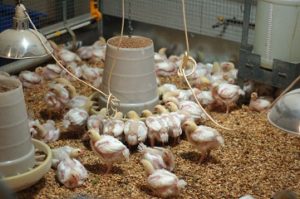
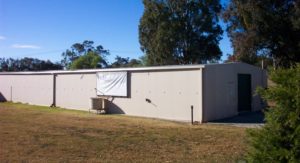
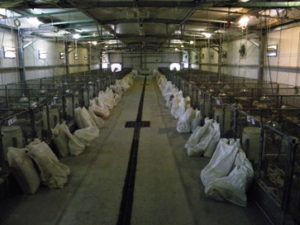
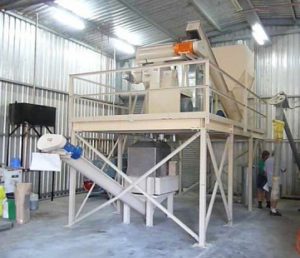
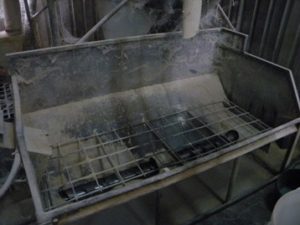
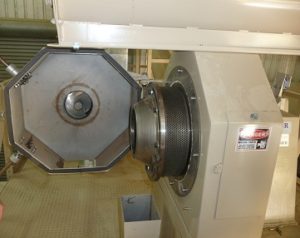
Feed Milling & Pelleting Facility
This facility is a fully automated micro-mill for feed manufacturing. The feed shed houses a range of equipment used to process and pellet feed ingredients for use in our experiments.
Services
- Effect of particle size and manufacturing conditions e.g. temperature, on feed quality
- Recovery of heat labile micro ingredients for QA/QC and regulatory purposes
- Manufacturing of experimental feed (mash or pellets) as required
- Minimum batch size for pelleting: 50-70kg
- Maximum pelleting rate: 1 Tonne/hr
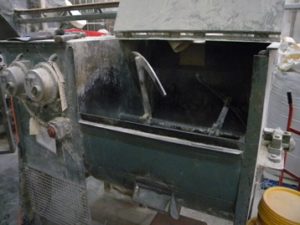
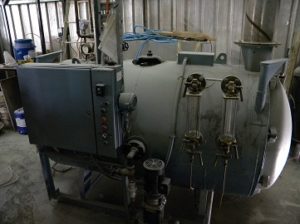
Latest news
Our events
- APSS 2025 Wrap-Up: Yet Another Record-Breaking Year!The Australian Poultry Science Symposium (APSS) 2025 has once again shattered records, cementing its place as the premier gathering for poultry industry professionals and researchers in the Asia-Pacific Region.
Connect with us:
Laboratories and equipment
Chemical Analysis
- Digestibility marker (acid insoluble ash)
- Dry matter
- Ash
- Nitrogen
- Ether extract
- Starch
- NDF
- ADF
- Crude fibre
- Amino acids
- Minerals: Ca, P, Mg, Mn, Fe, Sr, Zn, Na, Cl, K, S, Cu
Immunological & Physiological Analysis
- Gross gut morphology
- Corticosterone
- Antioxidant parameters
- Immune function
- Blood biochemistry
- Thermal imaging
- Behavioural assessment e.g. latency to lie, ethological assessments
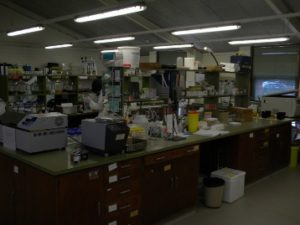
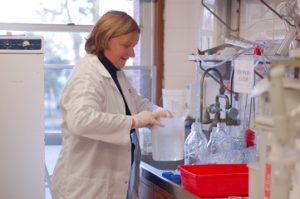
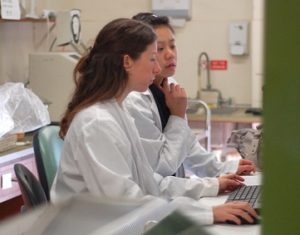
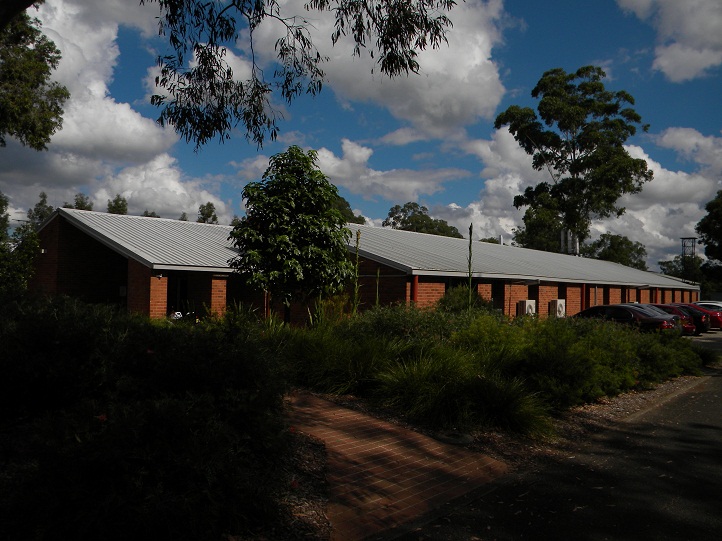
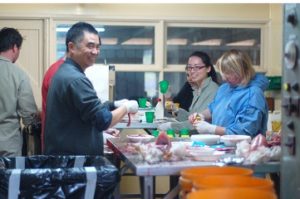
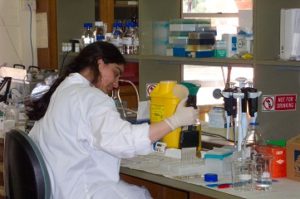
Other analyses are available upon request.


